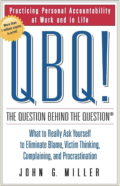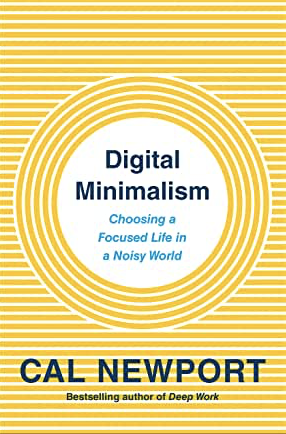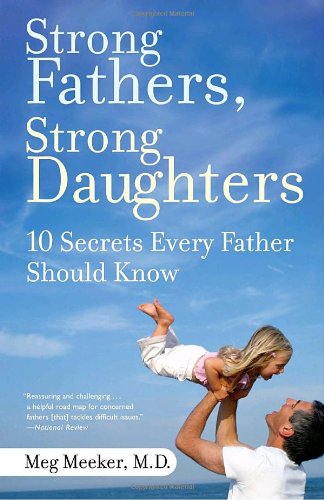Last week I spoke to a group of people about developing healthy habits to combat the effects of anxiety and depression in our lives. Everyone experiences both anxiety and depression at some point in our lives, usually on a fairly regular basis. Below are the notes from my talk.
——-
A man who suffers before it is necessary, suffers more than is necessary. ~ Seneca
When we feel that our fears are too big for our own capacity, we begin shutting down. Our creativity, resourcefulness and ability to make decisions are all sabotaged by the anxiety or depression we feel about our lives. This is the essence of shutting down.
As with anything in life, we can generally take some kind of behavior and do it in such a way that makes it unhealthy. The following are a few ways that I have found to reduce stress and increase our ability to cope with the anxieties of our lives.
Ways to limit anxiety/depression effects:
1. Limit your intake of information.
– facebook, social media
– tv, other ‘screens’ (computer, phone, etc)
Our phones, screens, are devilish little creatures. They promise productivity but really only add an additional layer of distraction from what we all say is most important in our lives: relationships.
We are not made to be alone, yet so much anxiety comes about because we feel so alone.
2. Start a journal
Storytelling has been the language of healing since the beginning of time. We all have a story to tell, despite most of our beliefs that our stories aren’t really that interesting. Movies and music are so popular because they are short stories that take us to the places we can’t go on our own.
Journaling is one of the most therapeutic exercises that I know of.
Write about life, thoughts, feelings, emotions, loves, hates, indifferences. When you begin to write, you invite healing and restoration.
3. Exercise regularly
We’re a health conscious society. A lot of this is for reasons of vanity, but deep down we all long to be cared for and loved. Unfortunately we usually go about getting that care and love through unhealthy ways, including working out.
But, working out because it is kind to your soul, body, and mind is a great way to reduce the effects of stress, anxiety and depression.
When you work out, you are telling your body that you care, and a funny thing happens when you begin caring about something: you treat it better. It’s not rocket science, yet most of us behave as though going to the gym and eating well is akin to building our own space rocket.
4. Make and set goals
If you aim for nothing, you will hit it every time.
Goals are like the tracks on a railroad … they guide you to your destination. They themselves are not the destination, rather they are the boundaries and help you need to get where you are going.
If you are a neurotic goal setter, try limiting yourself to the number of goals that you set so that the goals themselves don’t become the way that you judge yourself. If you don’t normally set goals, try to be as specific as possible.
Set attainable goals. If you want to run a 10k, give yourself time to train so that you’re not forcing yourself to get too fast to the starting line.
5. Read enriching material
I have a insatiable appetite for reading, but not everything I read is worthwhile. I spend a lot of time reading articles and other random hubs of information that can sometimes border on an addiction. I love historical fiction and will generally read 5-6 of these books a year, usually in succession to each other.
I get bored easily with non-fiction and I rarely find a book that is so good that I read every word. Most books I put down after reading the first few chapters and skim the remainder. I learn a lot this way, but I used to feel shame about this being the way I read.
Someone said that the only thing different about you in 20 years will be the people you meet and the books you read. This is a great mantra to live by. Set a goal to read x number of books a year, go out and learn about something. This will do a couple things for you.
— ONE, it will expand your world. We live in a bubble here in the USA, even more so here in middle TN. The majority of the worlds problems happen here, but we are very insulated from them. This is one of the biggest factors that I see in people struggling with their identity, anxiety, is that we know at a core level that the world is not a safe place, yet so much of our ways of life here in the US are about safety.
David Brooks, the editor for the NYT, says that America is a secularized version of Heaven. We have tried to create a place that is free: Free from violence, pain, suffering, poverty, and difficulty. In a lot of ways, we can’t handle the freedom that we are afforded here in the States.
— SECONDLY, reading books will help you to get outside of yourself. One of the big struggles people have is that our culture is too me-centric. We are not meant to live in such a narcissistic way, and our anxiety is telling us that this is a problem.
Reading forces you to confront your own biases, meet new ideas, and wrestle with your dogmatic ways of living life.
6. Reflection time in morning or at night
What we fear, we hate. And what we hate, we avoid.
We can’t manufacture feelings. What we can do is to set aside time and space for processing so that when we do feel what we feel, we can have a place to feel these things. If we are constantly trying to escape our feelings, through people of things, then we will not be comfortable feeling what we feel.
Tell the story of the boy going to the desert. He’s afraid. Rightfully so. Only by going to the desert with a trusted guide will he learn to face the fears on his own. We can’t expect to handle situations that we’ve never faced before.
The U.S. is a culture that values doing more than being. We don’t rest well, which means that most spaces and places of our lives are filled up. We are a culture of performers, of doers. Unfortunately, when cultures are driven by performance, doing, addictions and life controlling habits flourish. Said another way: We fill our lives up with stuff. Shopping, Toys, Food, alcohol, internet, reality (not really) TV shows, porn, and drugs are all ways that we medicate the reality that we don’t have enough capacity to get what we want.
It’s impossible to live life for long as a human doer. We are human beings. We’re finite creatures with needs that sometimes defy age, logic, and reason. We’re not the great conquerors and rulers of life that we want to believe we are. As the poet and songwriter Lenoard Cohen once said, “there is a crack in everything, that’s how the light gets in.”
Living life with spaces, pauses, takes great discipline. It also takes acceptance about our limitations and finitude. We cannot perform as though we are whole creatures and value brokenness and faults. Not all spaces — in all aspects of life, physical, emotional, relational, mental — are meant, or need, to be filled. Rhythms create space. What rhythms are you practicing?



